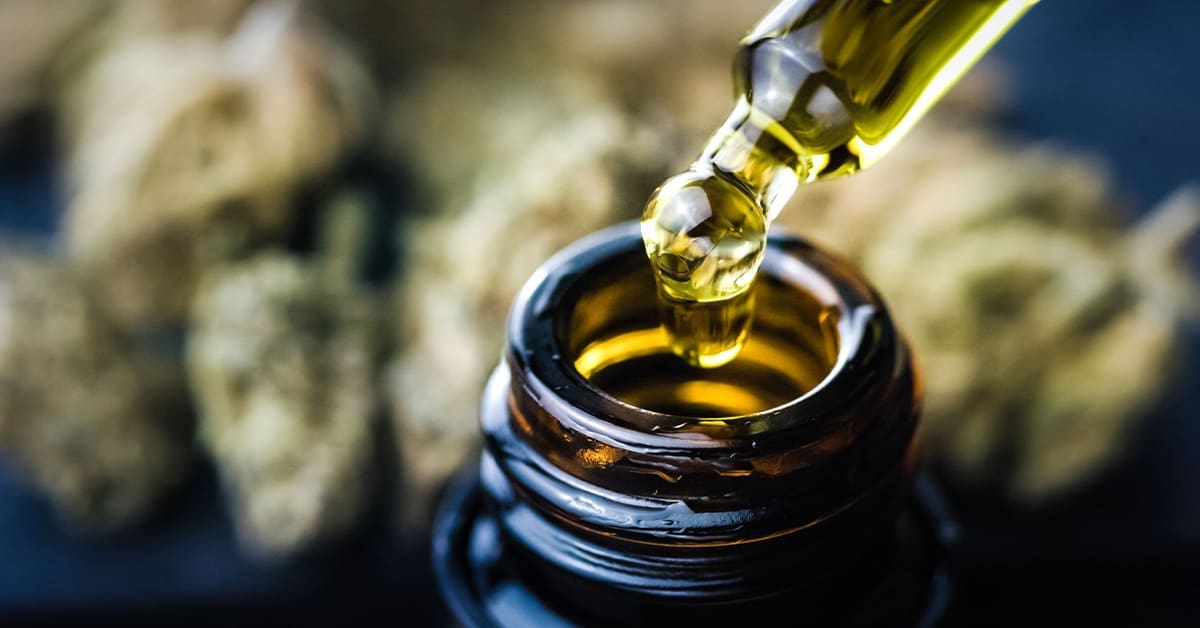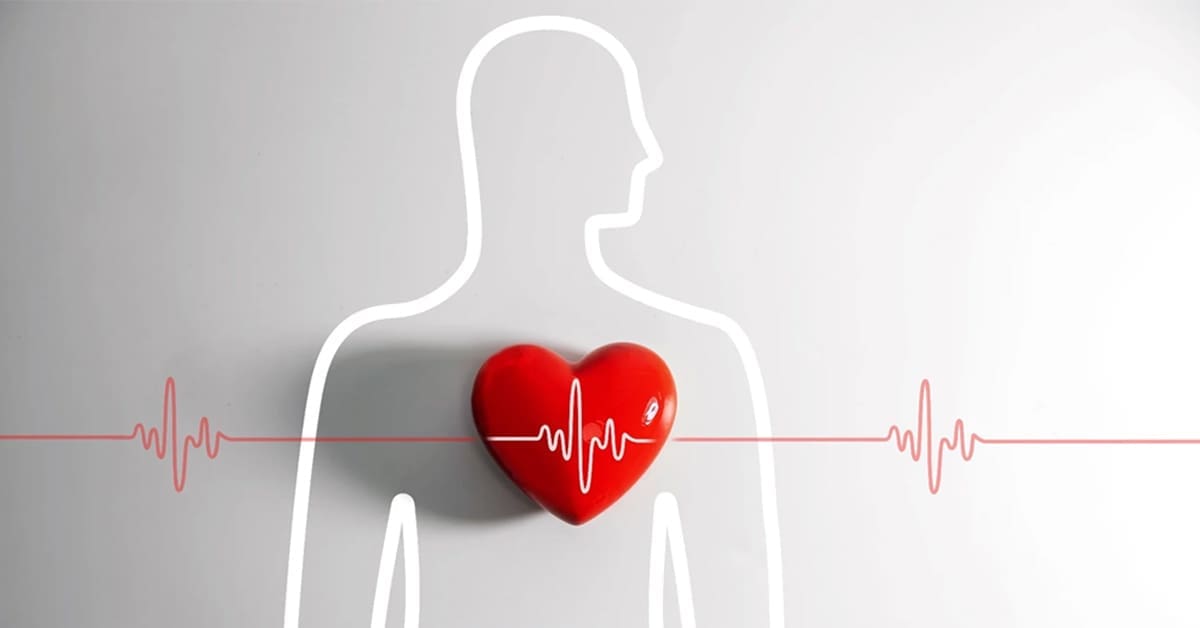Introduction
Last but not least, this old chestnut. Popular culture often paints cannabis users as unmotivated, lazy ‘stoners’. One of the primary culprits for this belief is a phenomenon known as ‘amotivational syndrome.’ This term was first introduced in the 1960s and was used to describe a supposed chronic condition caused by cannabis use, which supposedly included symptoms of apathy, difficulty in carrying out long-term plans, decreased ambition, impaired communication skills, and reduced effectiveness in social interactions.
Motivation
However, research on ‘amotivational syndrome’ has produced mixed results. A review article published in 2006, concluded that research does not support the concept of an amotivational syndrome in chronic cannabis users [1].
It’s important to note that motivation is affected by a wide range of factors, and attributing any changes in motivation to cannabis use alone oversimplifies the complexity of human behaviour. Factors like mental health conditions, socioeconomic status, personal life circumstances, and physical health can all significantly influence an individual’s level of motivation.
Productivity
Further studies challenge this perception that cannabis use leads to decreased productivity. A study published in the Journal of Health Economics in 2019 found that U.S. medical cannabis laws led to an increase in full-time work among older adults [3]. A comprehensive review conducted in 2021 did not find significant associations between cannabis use and various measures of job performance, including job turnover and absenteeism [4].
Success
A noteworthy research study that was published in Frontiers in Pharmacology in 2018, where researchers examined cannabis use among workers, including successful entrepreneurs and business owners. The results showed that regular cannabis users reported equivalent levels of achievement compared to non-users [2], suggesting that cannabis use does not inherently limit one’s ambition or potential for success.
The individuality of cannabis strains
In addition, the effects of cannabis on motivation, productivity and creativity can be strain-specific. Different strains of cannabis have different ratios of cannabinoids, including THC and CBD, which can have differing effects on an individual’s energy levels and motivation [5].
It is important to distinguish between different strains of cannabis, such as indica or sativa leaning flowers and the unique terpene profiles that these strains contain. Patient’s of CannaPlus+ have a unique insight into the the Ministry of Health verified cannabis products, with access to our patient education portal. Patients are able to engage in a deep dive and compare various products against each other. We believe at CannaPlus+ that a well-informed patient is better equipped in making better healthcare decisions that benefit them.
Conclusion
In conclusion, the stereotype of the unmotivated and unproductive cannabis user, often perpetuated by media and popular culture, does not hold up under scientific scrutiny. While it’s true that individual experiences with cannabis can vary widely, it is inaccurate to suggest that cannabis use invariably leads to decreased motivation or productivity. On the contrary, the current body of research points to a more nuanced relationship, with some studies even finding positive associations between cannabis use and various aspects of motivation and productivity.
It’s also important to note that excessive use of anything can lead to negative consequences. Therefore, responsible use is key. As always, we advocate for further research and a balanced, educated conversation surrounding cannabis and its effects. At CannaPlus+, we are committed to helping people understand and use this plant- based medicine in a way that promotes health and wellbeing.
Let this series of debunked myths serve as a starting point in understanding that cannabis, when used responsibly and appropriately, may indeed be a viable treatment option for many. As we continue to peel back the layers of stigma, let us replace the myths and misconceptions with facts and evidence-based understanding.
And, as we go forward, it’s important to remember that everyone’s relationship with cannabis is unique. Therefore, it’s crucial to consult with healthcare professionals and consider individual health status, needs, and lifestyle factors before making any decisions about cannabis use.
References:
- Barnwell, S. S., Earleywine, M., & Wilcox, R. (2006). Cannabis, motivation, and life satisfaction in an internet sample. Substance Abuse Treatment, Prevention, and Policy, 1(1), 2.
- Stith, S. S., Vigil, J. M., Brockelman, F., Keeling, K., & Hall, B. (2018). Patient-reported symptom relief following medical cannabis consumption. Frontiers in Pharmacology, 8, 391.
- Nicholas, L., & Maclean, J. C. (2019). The effect of medical marijuana laws on the labor supply of older adults: Evidence from the Health and Retirement Study. Journal of Health Economics, 61, 1-11.
- Howard, B., & Menachemi, N. (2021). Marijuana Use and Work Performance: Results from a National Survey. American Journal of Health Behavior, 45(4), 916-930.








